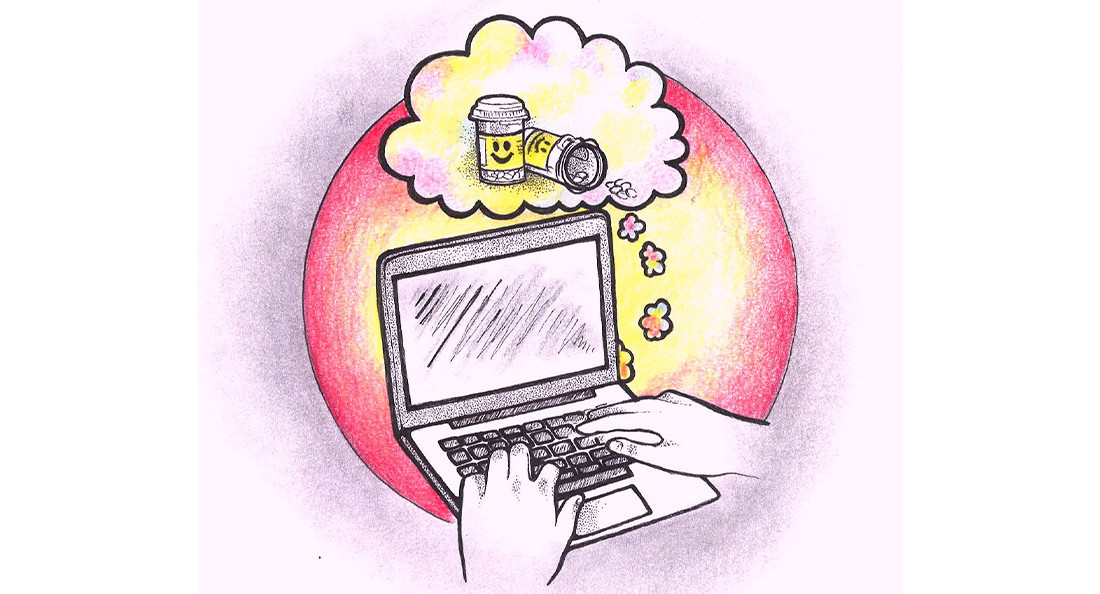Psychoactive ethics
Webinar to cover ethics and law in psychedelic-assisted therapies
A drug often associated with the music festival, rave and club-going crowd, 3,4-Methylenedioxymethamphetamine (MDMA) is commonly known for its euphoria-inducing effects. New innovations in psychedelic research, however, show that it could be a promising remedy for those who live with PTSD and other trauma-related illnesses.
The Enhanced Therapy Institute will host a webinar called MDMA and Psychedelic-Assisted Therapy: Ethics and Law on Nov. 7. Dr. Darek Dawda, a Winnipeg-based clinical psychologist and founder of the institute, says some of the leading experts in the field will be present at the conference, including the founder of the Multidisciplinary Association for Psychedelic Studies (MAPS), Dr. Rick Doblin.
Dawda says current studies on MDMA-assisted therapy are targeted at the treatment of trauma and PTSD. MDMA is currently illegal in Canada. As the research trials continue, the Enhanced Therapy Institute aims to provide training to ensure services can be offered safely and ethically if and when they are legalized.
“We want to prepare to provide these services,” he says. “There’s a lot of training that has to be done.”
Dr. Neil McArthur, an associate professor of philosophy at the University of Manitoba, ethicist and the co-host of the conference, argues in favour of providing access to these therapies if they are proven to improve the lives of prospective patients. He is optimistic about the possibilities of these therapies but says that more scientific study into the topic is needed.
“As an ethicist, you want to make sure that these are safe technologies,” he says. “At the very least, we have a moral obligation to find out if these drugs are beneficial.”
While Dawda says the current target of MDMA therapy is focused on trauma, it is also being explored as a treatment for alcoholism, and even in healing relationships. In the case of the latter, McArthur says MDMA-therapy could act as an external aid to overcome certain blocks couples face.
“It's a drug that creates bonds. It creates connections. That is often what’s lacking in a relationship,” McArthur says. “You often have situations, especially in long-term relationships, where people want to be connected but find themselves trapped by things that have happened in the past.”
Addressing the stigma that surrounds MDMA and other psychedelic-assisted therapies is a roadblock on the path toward legalization. McArthur suspects that its reputation as a “party-drug” may put some under the impression that it isn’t a serious therapy.
However, Dawda says that, in spite of these perceptions, there remains great excitement inside and outside of the field, because of the strong research going into it.
“It’s coming from mainstream research approved by the FDA and Health Canada,” Dawda says. ”It’s just a matter of time that these therapies will become destigmatized.”
Webinar tickets can be purchased through enhancedtherapy.ca/conference. Students and those who cannot afford admission may receive a complimentary ticket upon request.
Published in Volume 75, Number 06 of The Uniter (October 22, 2020)







